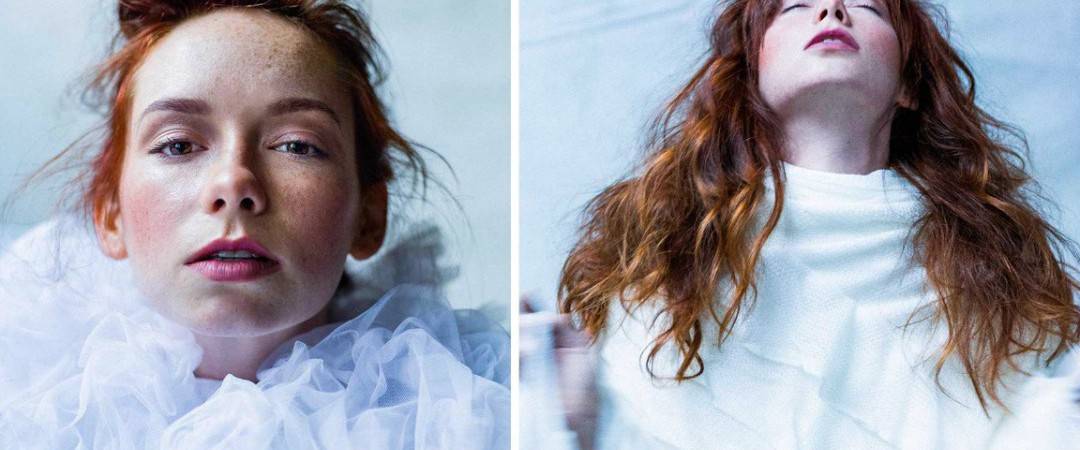
Philadelphia based model Hattie Watson has the look of evolution. She works in emotional gradients — the enthusiasm of youth. Quiet and calm. Mature. Sublime.
Her look is specific enough — redhead, freckles. Tattoos. A slight frame. Girlish, feminine. But that’s not what you notice. That’s not what the camera shows. Watson is an actress and her stage is the single frame. Her maturity blossoms. her sexuality. There’s humor and a sense of play.
What you are seeing is her. Her comfort, herself. Watson approaches modeling as work, as art, as collaboration. There is no wasted time. She is someone that doesn’t don costumes, but shows new and compelling sides of herself.
ET: One of your great skills is to morph your appearance. Sweet and innocent. Sophisticated. Youthful. Sexual. Mature. There are some great photographs of you in many different stages.
Is there an image of you that comes close to representing the real you? Or is the real thrill of modeling to be as far away from yourself as possible?
HW: I think most of my work is a direct representation of me to some extent. You do, in some instances portray characters that are far from yourself but I think every character has a little bit of me in always. I think Josh Wool’s or Art T’s portraits of me really represent me the best.
The ‘Roommates’ photo set you did with photographer Joe Wehner are amazing. They’re gentle. Innocent and open-hearted, a glimpse at a woman as herself, home. Alone. There’s something honest and vulnerable about them. Voyeuristic even.
What does it take for you to be comfortable in a position like that? Is the tone on set determined by you the model or photographer?
It doesn’t take much for me to be comfortable in this position. Being told to just go about my day as I normally would and to just be myself is really easy. They just capture me. It’s not an act and I feel most comfortable when someone just wants me to be me. Sometimes, there are definite moods that photographers want and those are discussed before or during the shoot as well.
You’ve done a handful of shoots with photographer Elena Jasic. The set ‘Lilith’ for Syn Magazine is pretty incredible. When starting a project like that, with full body paint and props, how much time is spent with the photographer discussing their vision?
Do you just trust that she knows what she’s doing, or do you want to be more involved?
In this case, I think we spent a few weeks discussing how we were going to go about it. I always go to Elena for my weird ideas because I know she gets it and no matter what I do, she’ll make it look great and photograph it well. She understands the ideas I have and we tend to feed off each other’s minds really well. I trust her completely in capturing what we both want.
Sometimes when I look at a photograph I find that I stop and consider what part each person plays – the photographer controls the camera, lighting, and to some extent the environment. But the model controls their body, the figure, without the model we’d have a landscape. A still life.
Your face and body, you — are what makes a photograph interesting, but at the same time you can’t mention a photograph without giving credit to the photographer who pulled it all together. It’s a unique relationship. One almost can’t do their job without the other. What do you think makes a photograph successful?
The connection between the photographer and the subject always. If there is no connection, it’s seen instantly.
Your work with photographers like Joe Wehner and Corwin Prescott hangs like fine art. Wonderfully alive. Is there a separation for you between shoots like those and what you do for advertising – fashion and beauty? Is one just a job?
It’s the same with anything. Some times it feels like work and sometimes it doesn’t. Doesn’t matter if it’s art or if it’s fashion/beauty work.
How do you choose what projects to take? With your level of popularity, how much attention do you give the fact that anyone who shoots you will automatically reach a huge audience?
I just choose what I think would be good for me to take or what I would love to actually do. I actually never really think about how much attention that someone who shoots with me will get. I still don’t think of myself like that for some reason.
You’re constantly traveling and recently posted your next round of trips. Are these all for work? Pleasure? Do you leave room for spontaneity if an interesting job or something pops up?
This last trip I took was only for the holidays and to go get my things out of storage in Austin. I did work along the way but I also did leave time to for friends and family and to relax. On trips, I don’t tend to take last minute jobs. It’s really hard doing throwing things in last minute.
You act as a muse for a lot of different artists, whether you know it or not. Artist’s portfolios are full of drawings and paintings of you. Is that a strange position to be in? Have you done any modeling specifically for artists?
Muse is a word I’m not crazy about but I do love inspiring artists and being a part of their work. I feel extremely honored and blessed. I have in fact done some modeling specifically for certain artists.
Nudity in art gets talked about a lot. Sometimes that’s all an audience can see. Nudity in a way is the purest form – it’s honest. Real. Do you set boundaries with photographers when it comes to nudity?
I do have a boundary for nude work. I love nudity and do agree that it’s the purest form. I hate how negatively it’s looked upon. However, I try to keep my nude work to a certain level of appropriateness to myself. Whatever I feel comfortable with.
On your website you have this quote from Anais Nin – “Inwardly she was like nature, chaotic and irrational. She had no vision into this chaos: it ruled her and swamped her. It sucked her into miasmas, into hurricanes, into caverns of blind suffering.”
It’s a wonderful insight into a character – a woman who lives by the internal nature inside, just flowing through the world. Reading various interviews you’ve done I can see this in you – you speak honestly and explore. It’s a great way to live, except for what Anais Nin refers to as ‘caverns of blind suffering.’ That part kind of sucks.
Being a creative person, what’s next for? Are there any new adventures or creative outlets you’re exploring? I guess it comes down to this, does something have to be next? Is the life of a traveling model and muse give you what you need creatively?
I am working on becoming a graphic/brand designer. Not sure what direction it will take me, just trying to draw more and get my work out there with that. I will continue to model for as long as I can because I enjoy working with different artists and constantly want to be a part of it for as long as I can.
More Hattie Watson from the ETDC Archives —
Evil Tender Presents: In Reference
In Review: Evil Tender Presents: In Reference
For more from Hattie Watson, follow these handy links —
Hattie Watson Dot Com
Hattie on Tumblr
Hattie on Facebook
Hattie on Instagram
Hattie’s Store
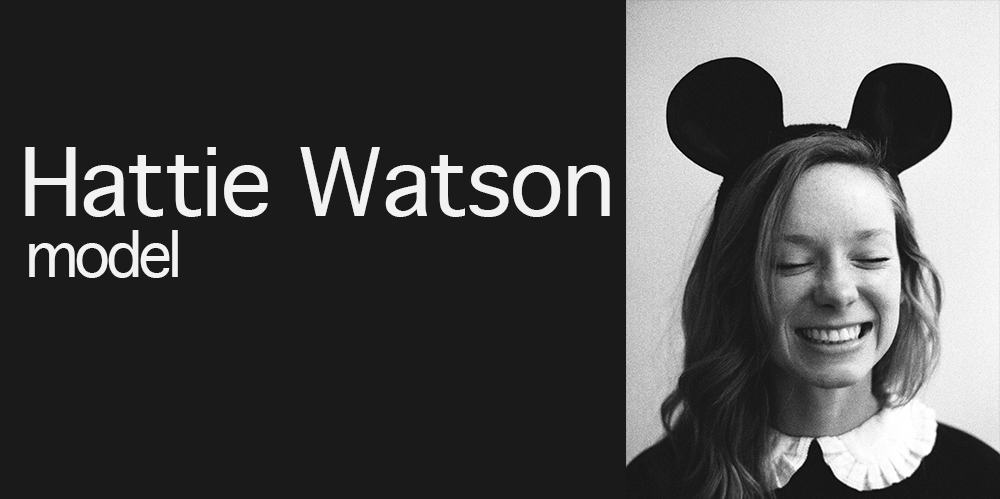

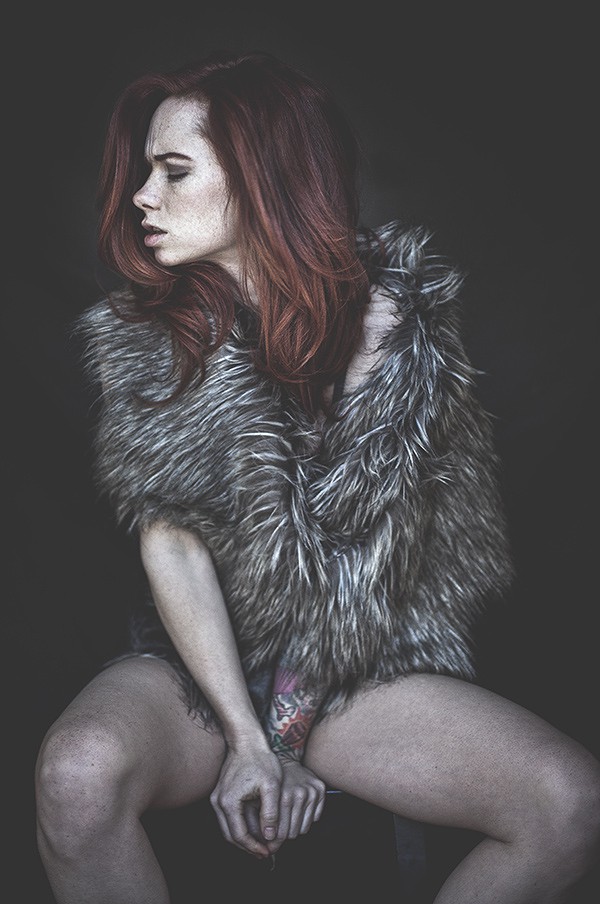
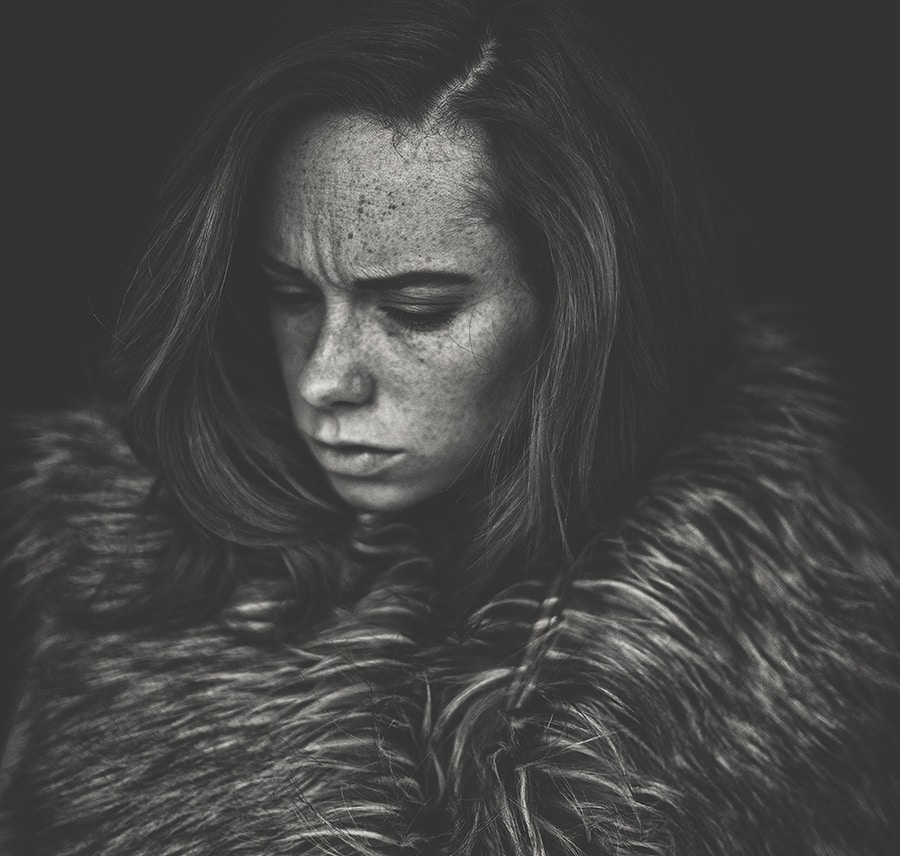
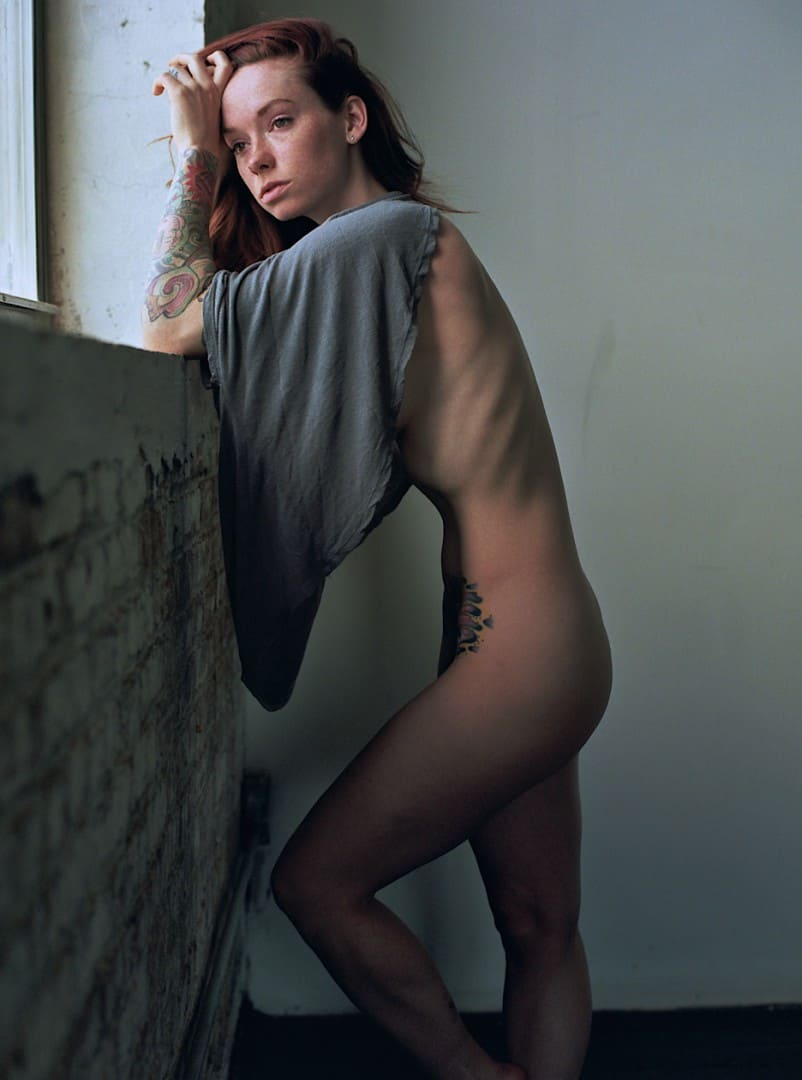
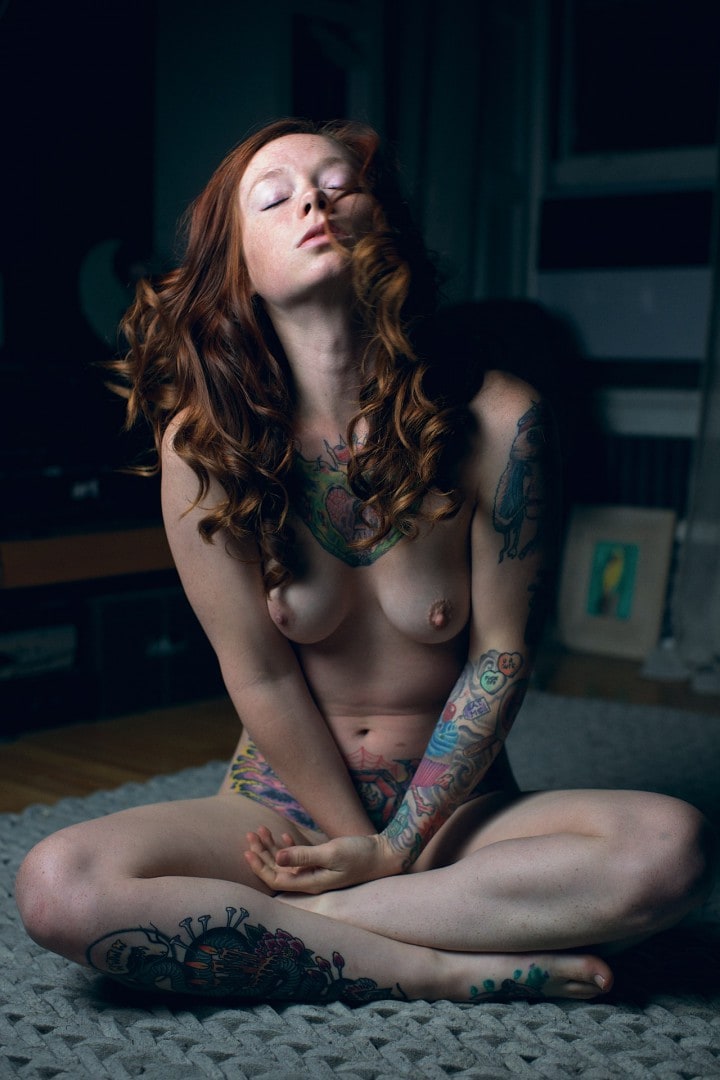
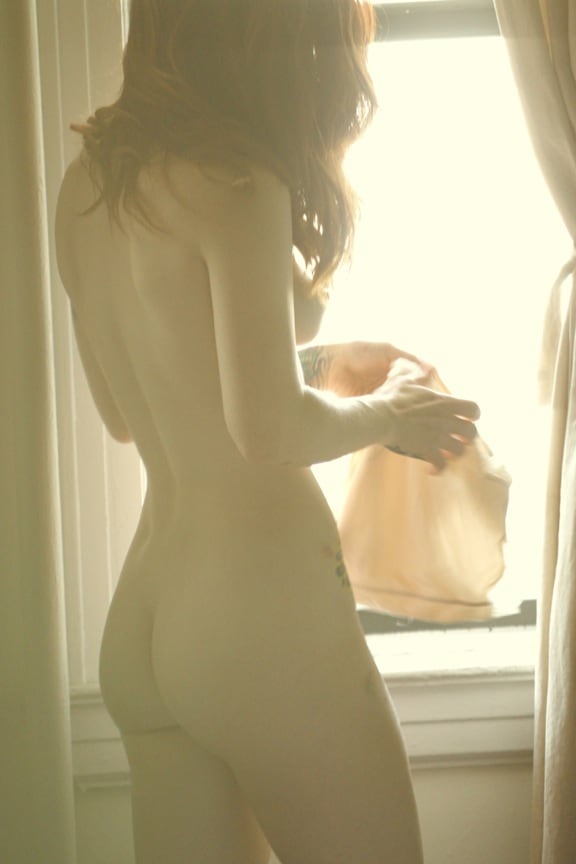
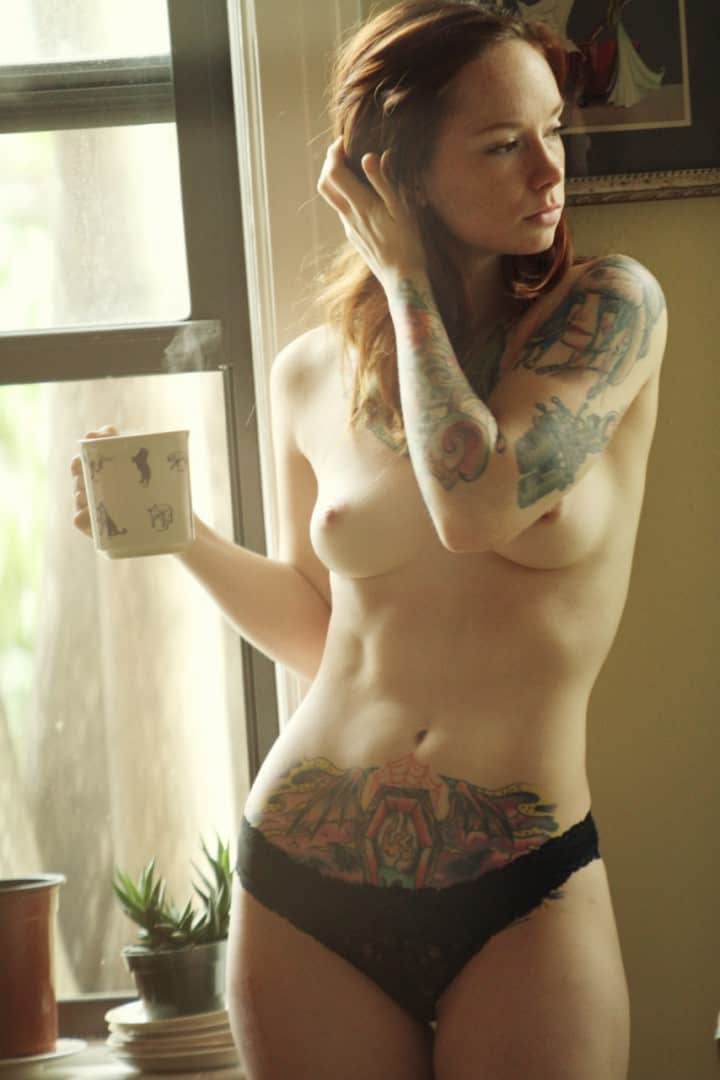
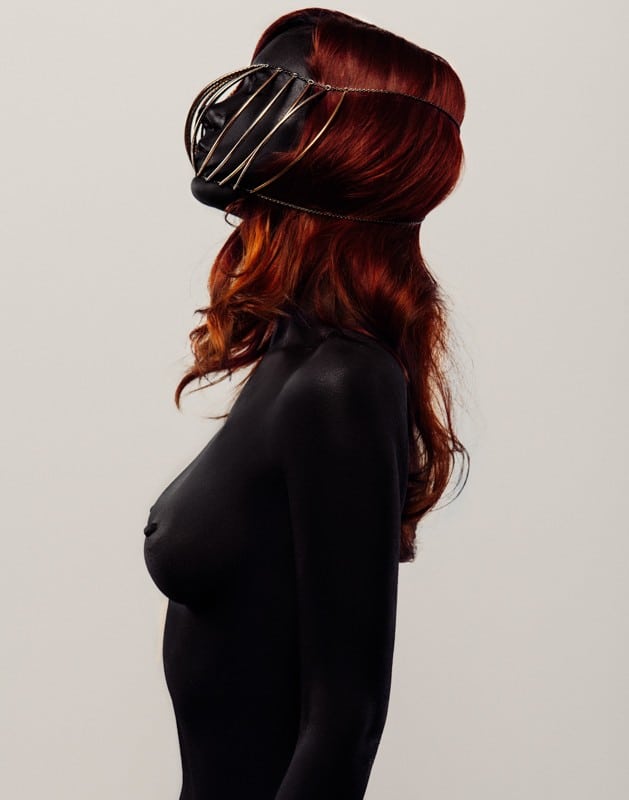
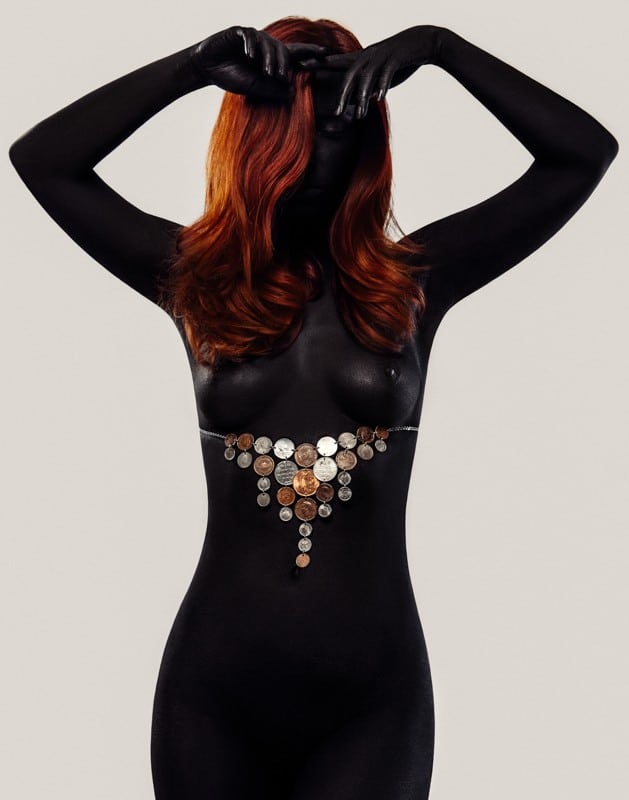
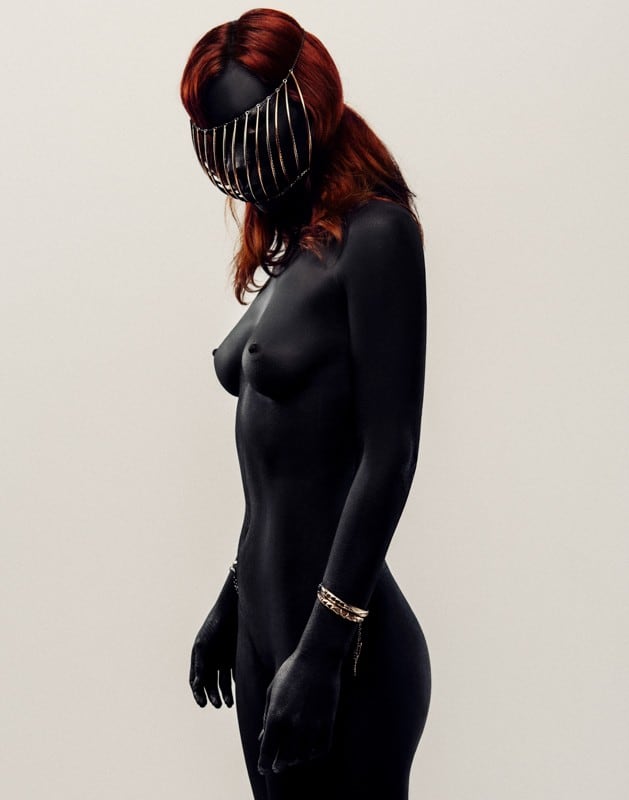
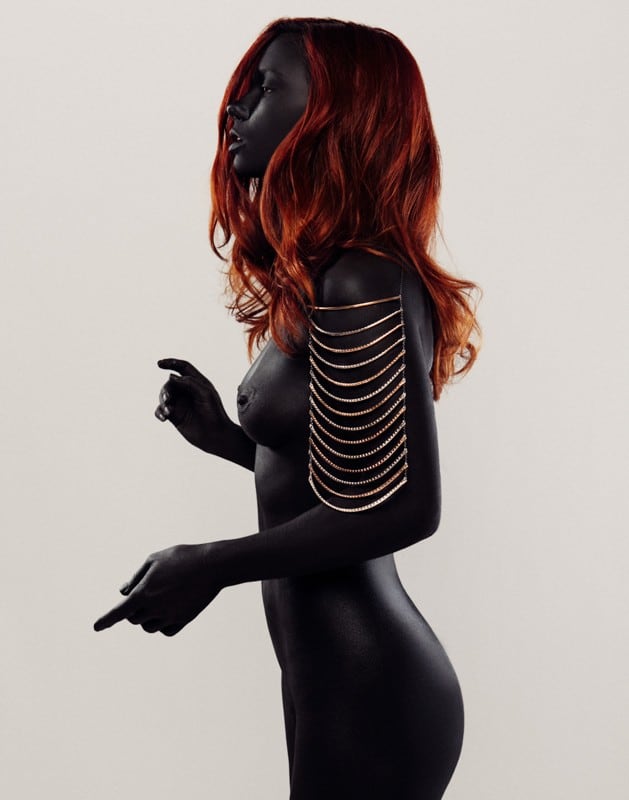
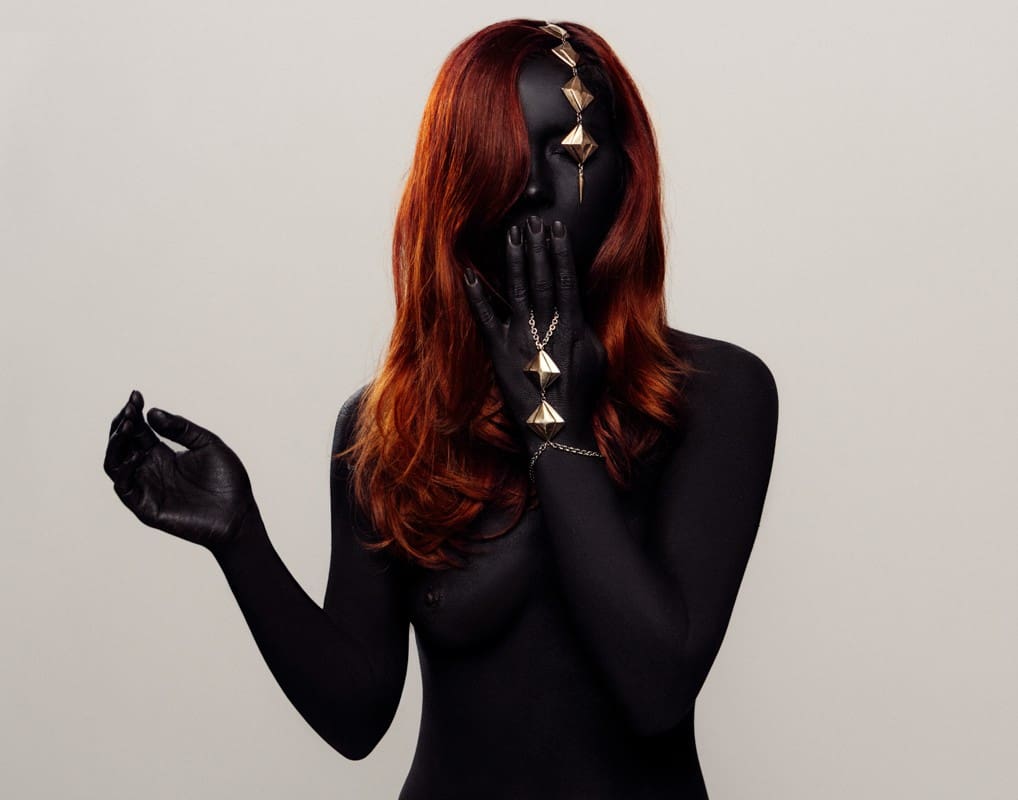
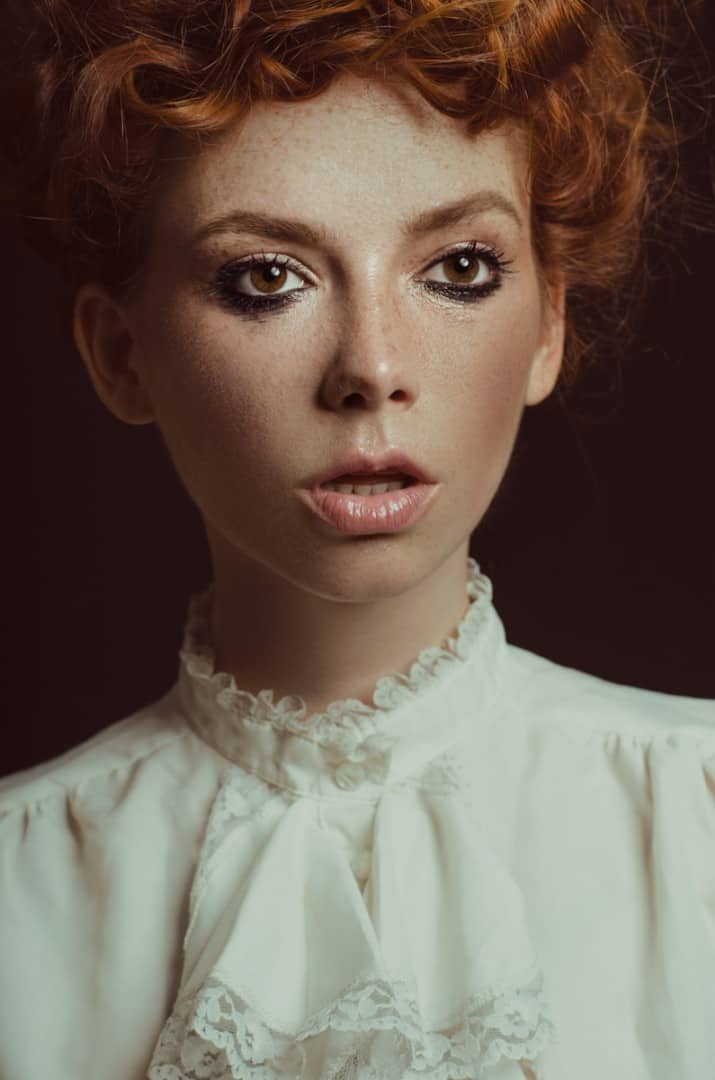
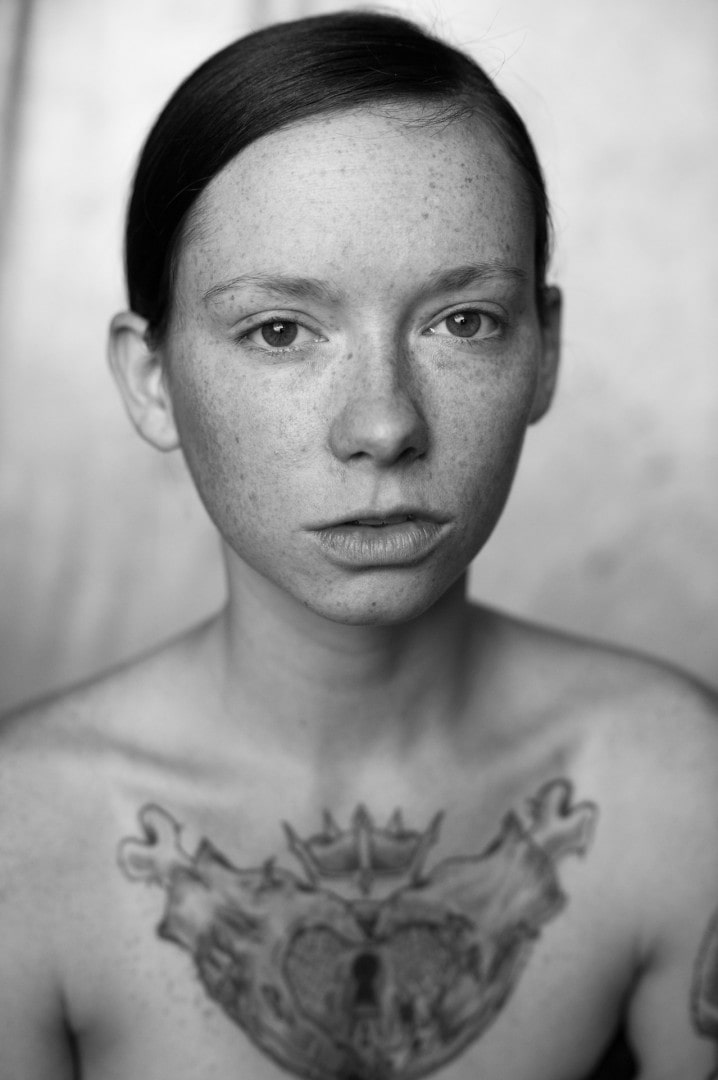
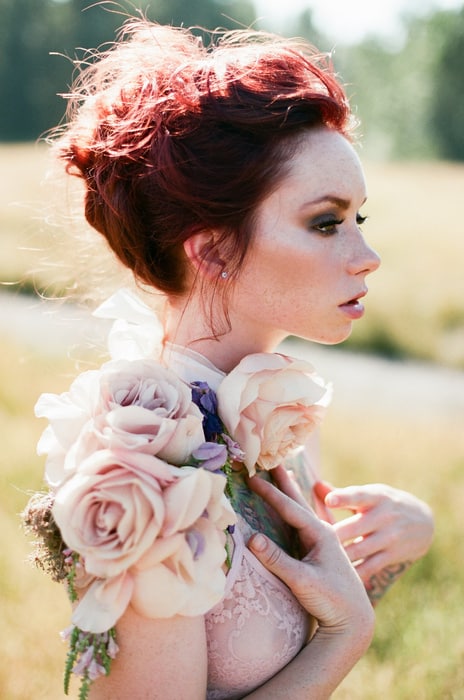
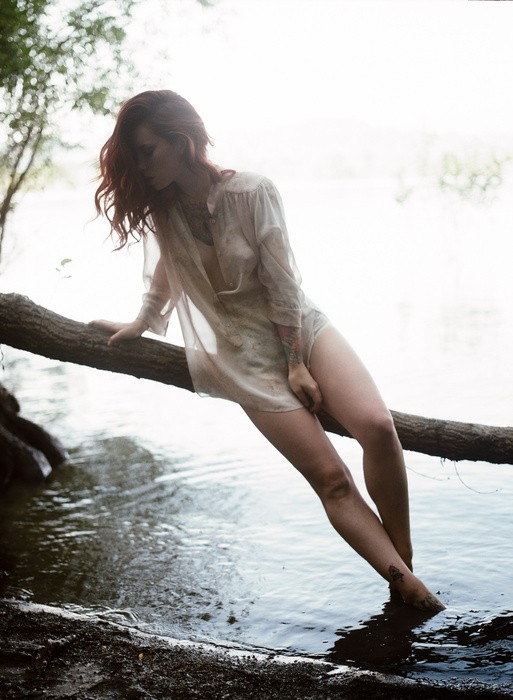
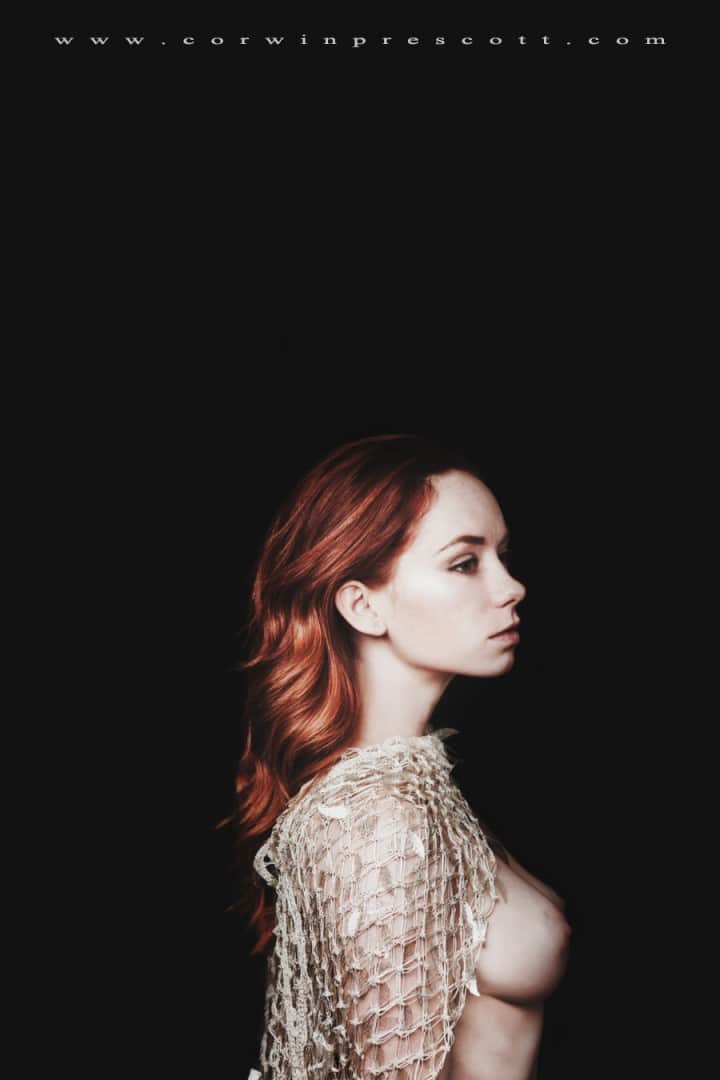

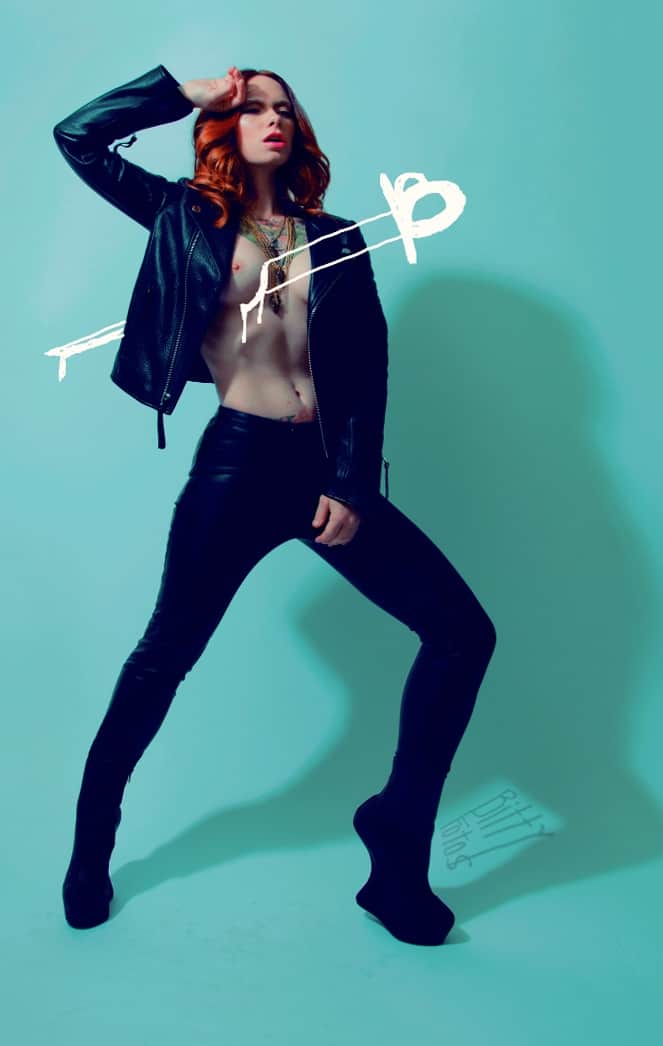
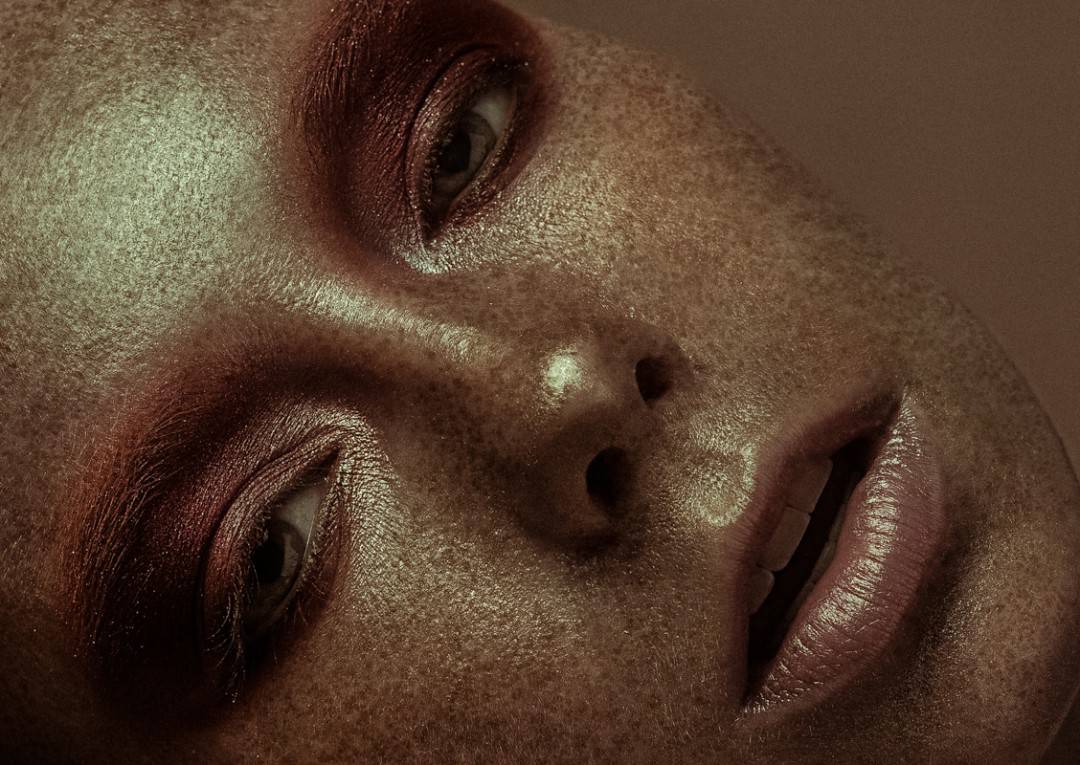
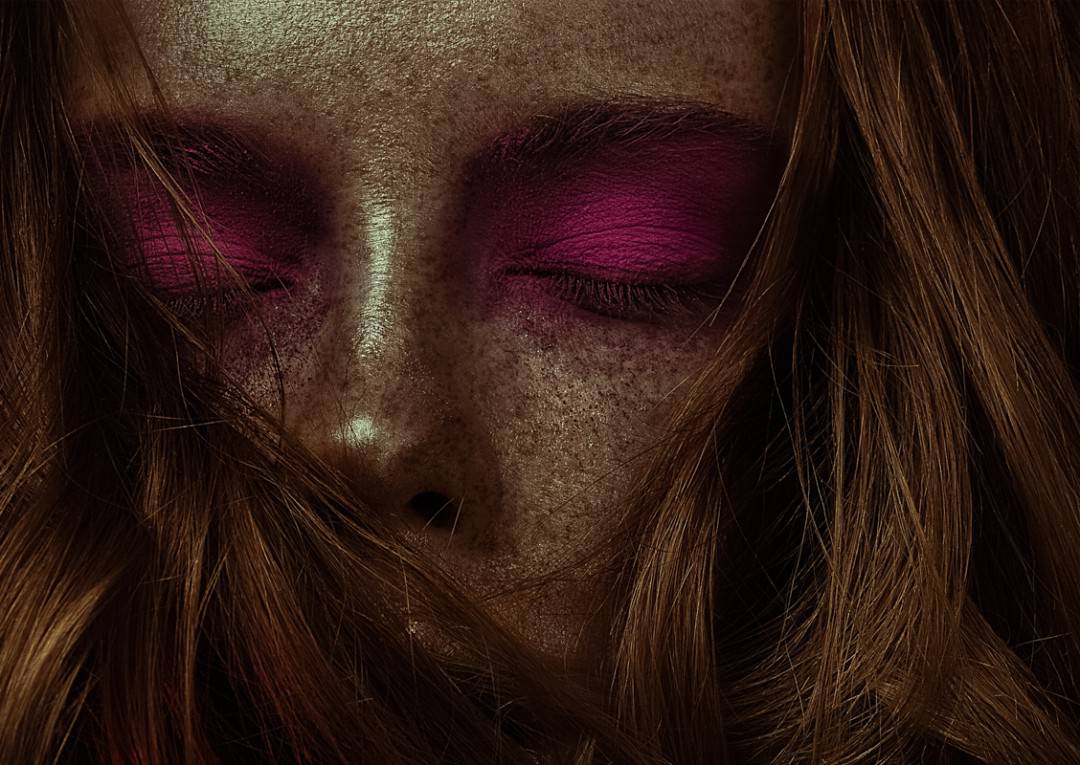
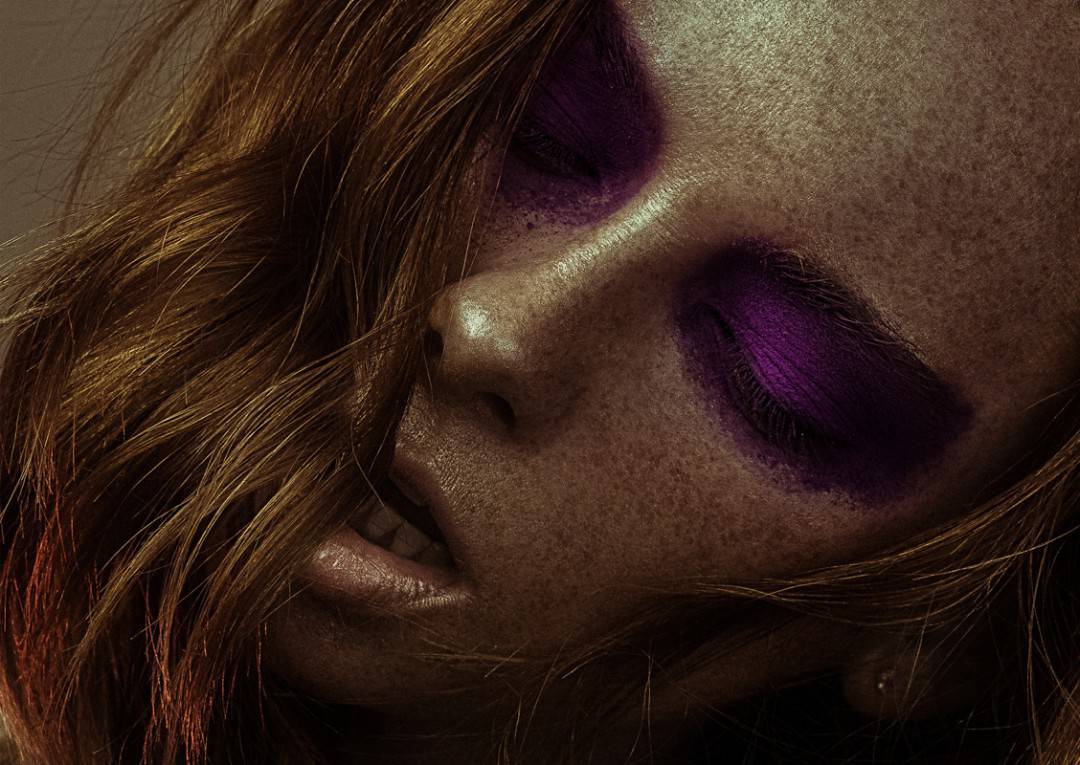
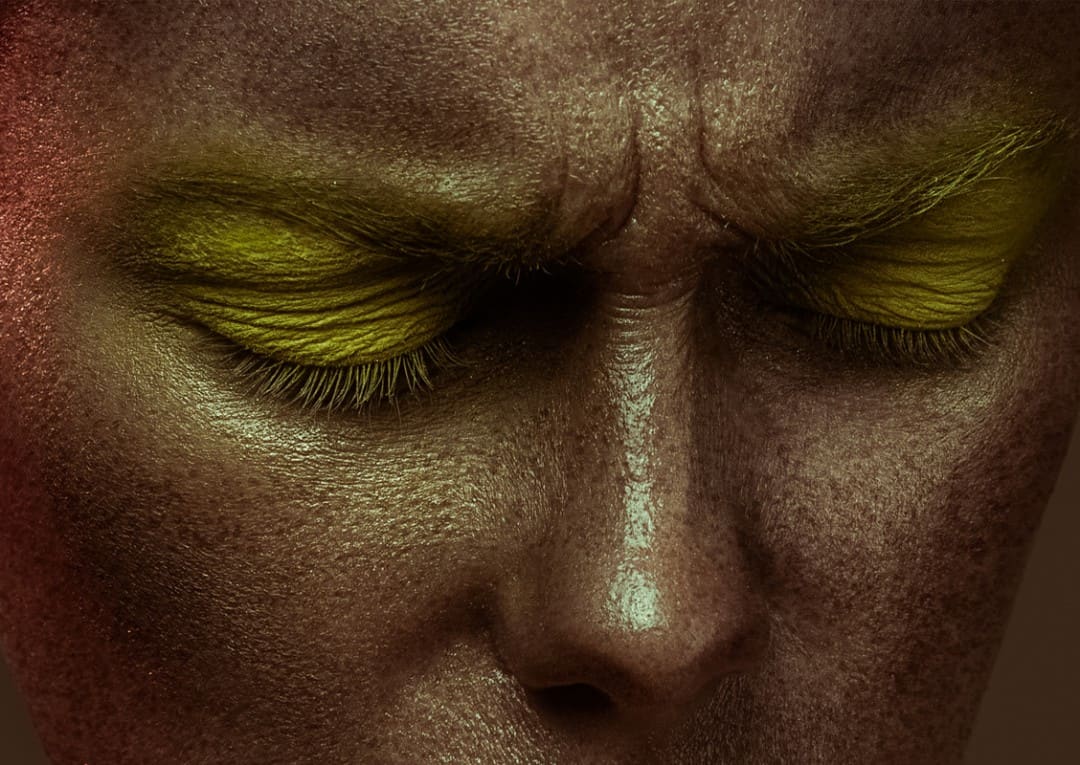
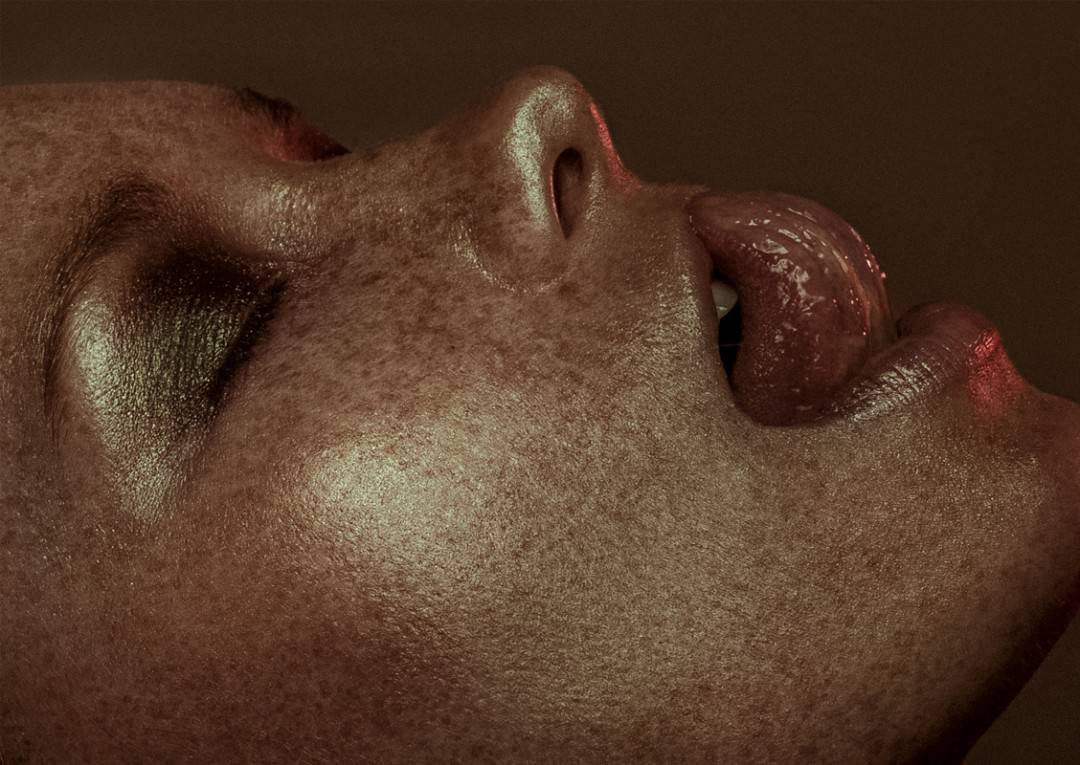
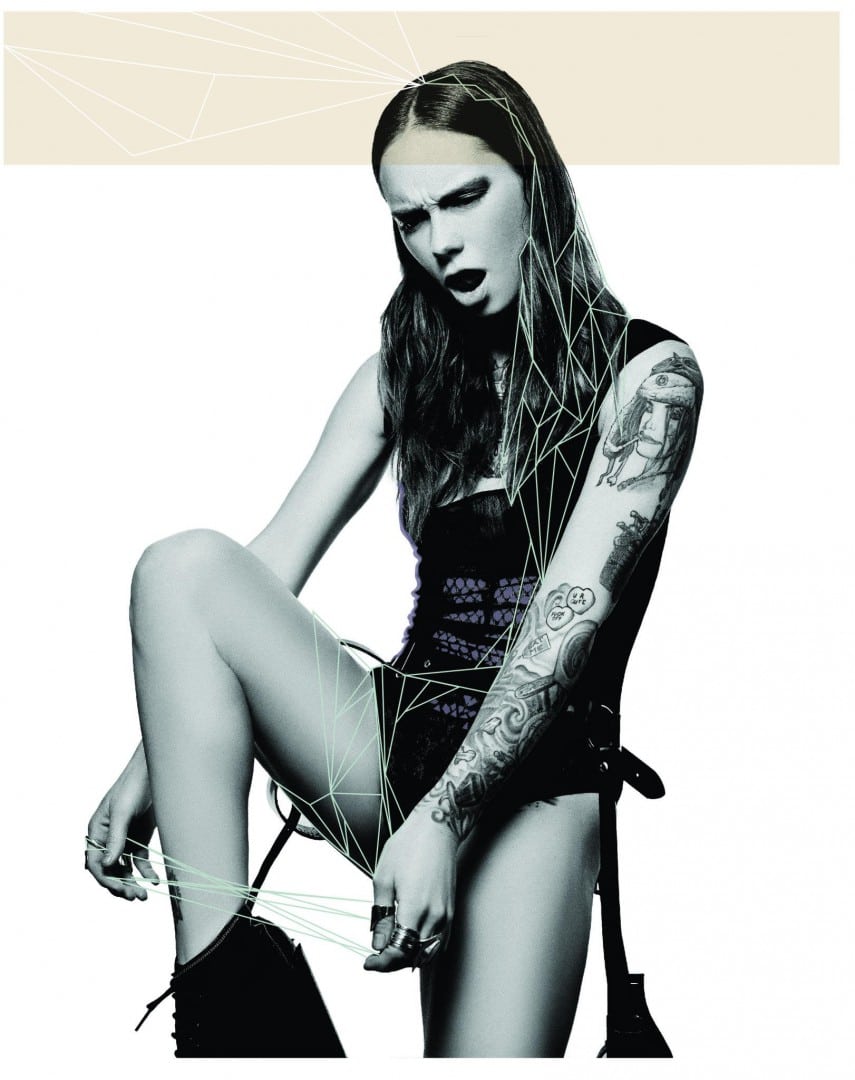
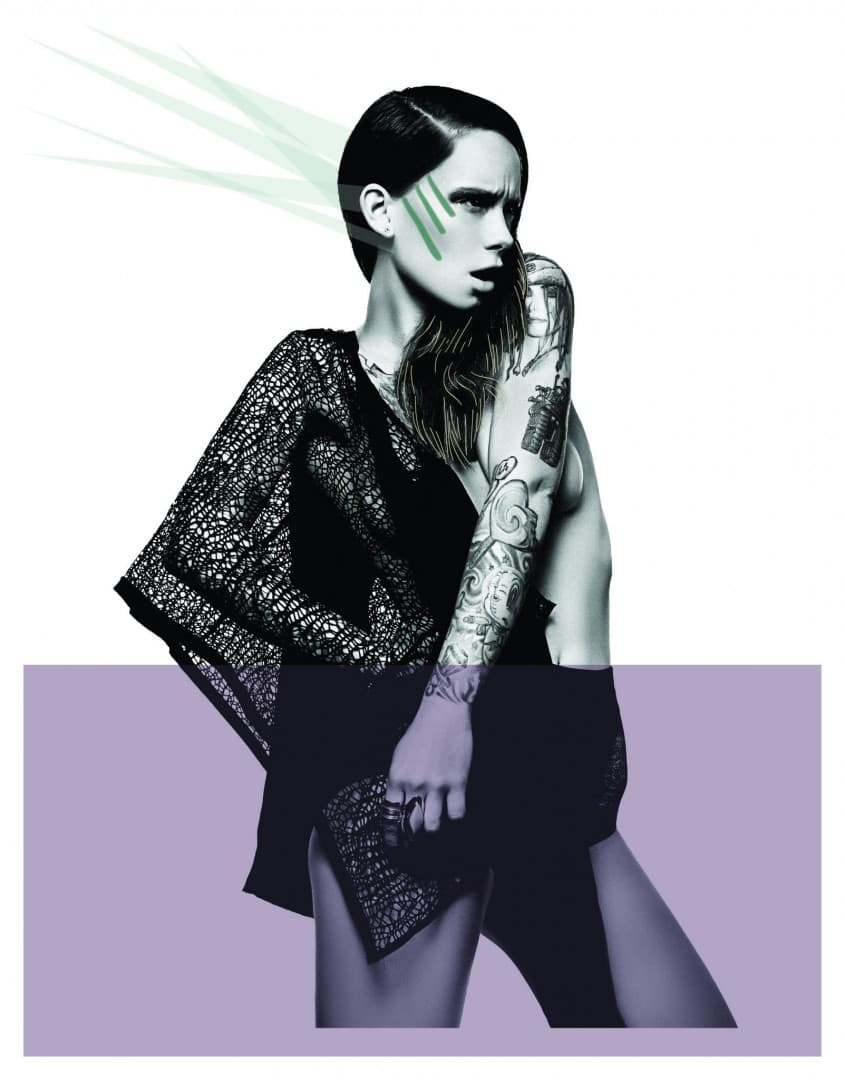
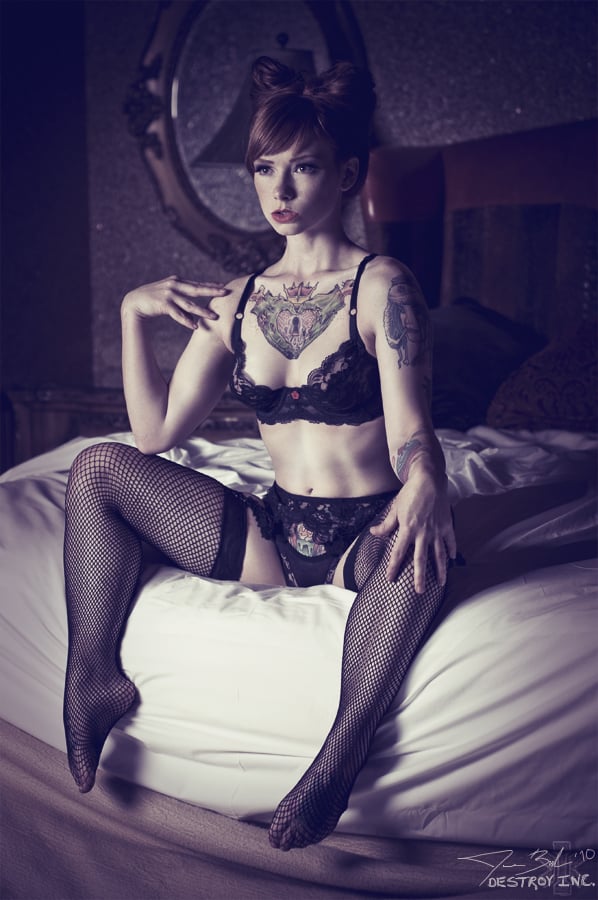
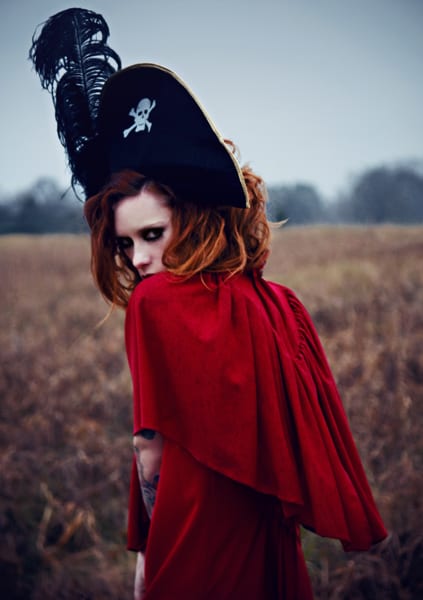
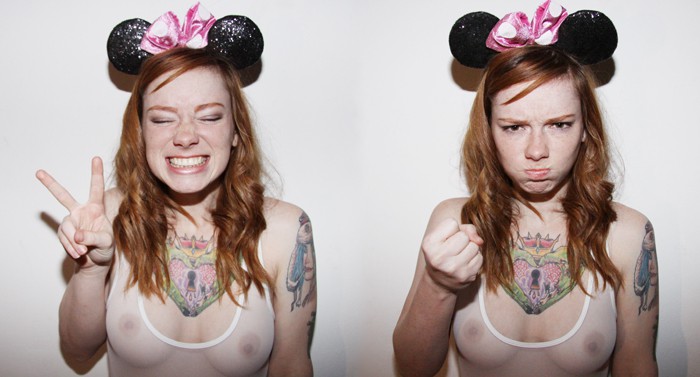
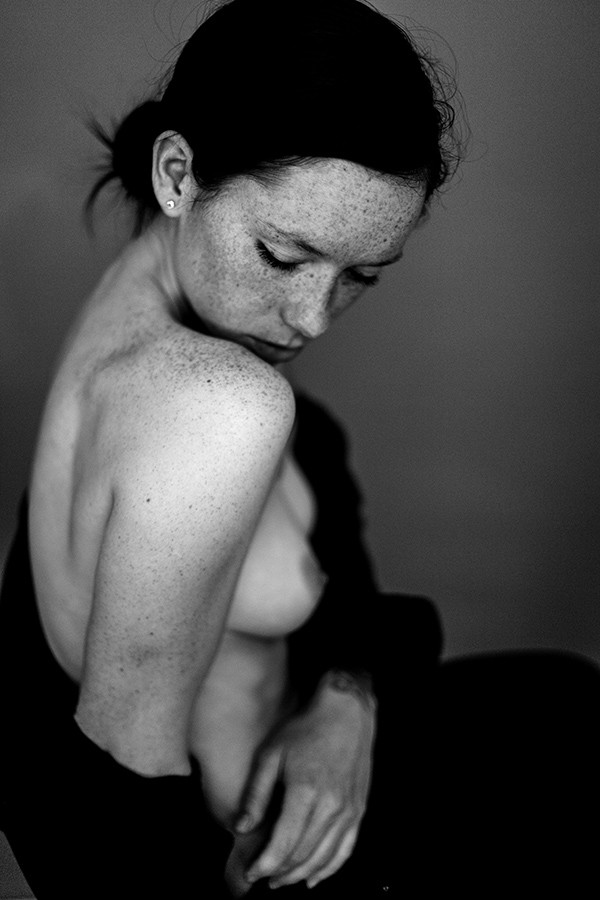
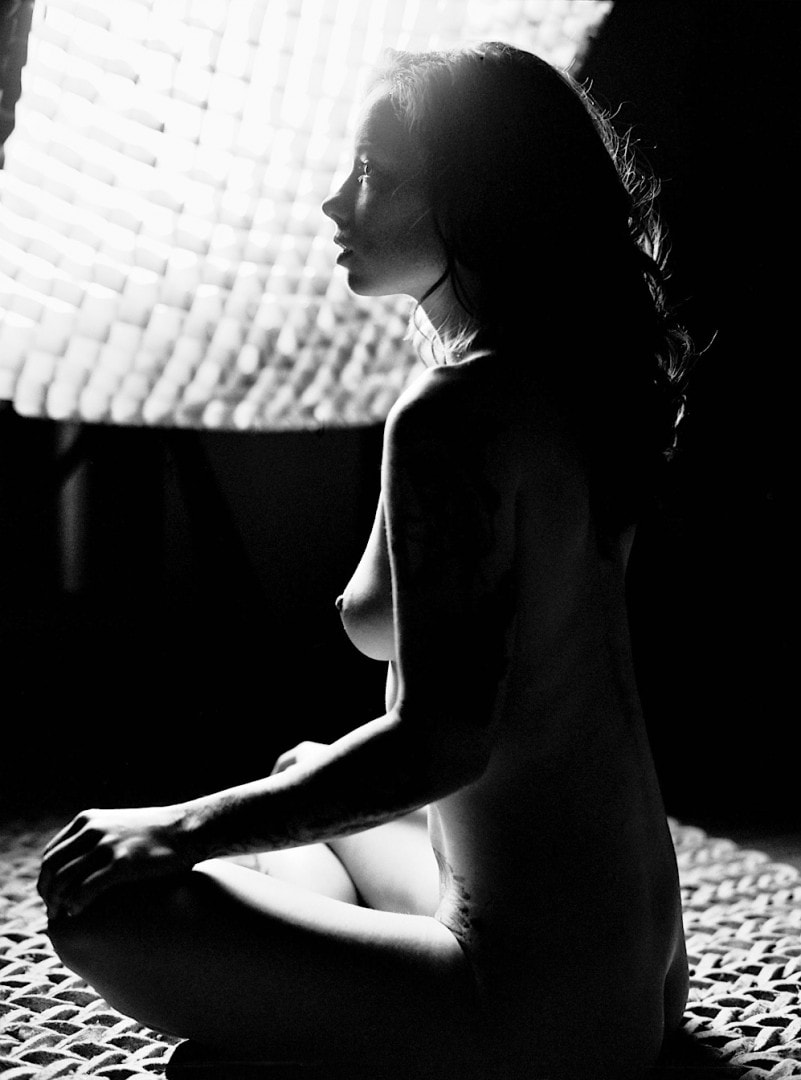
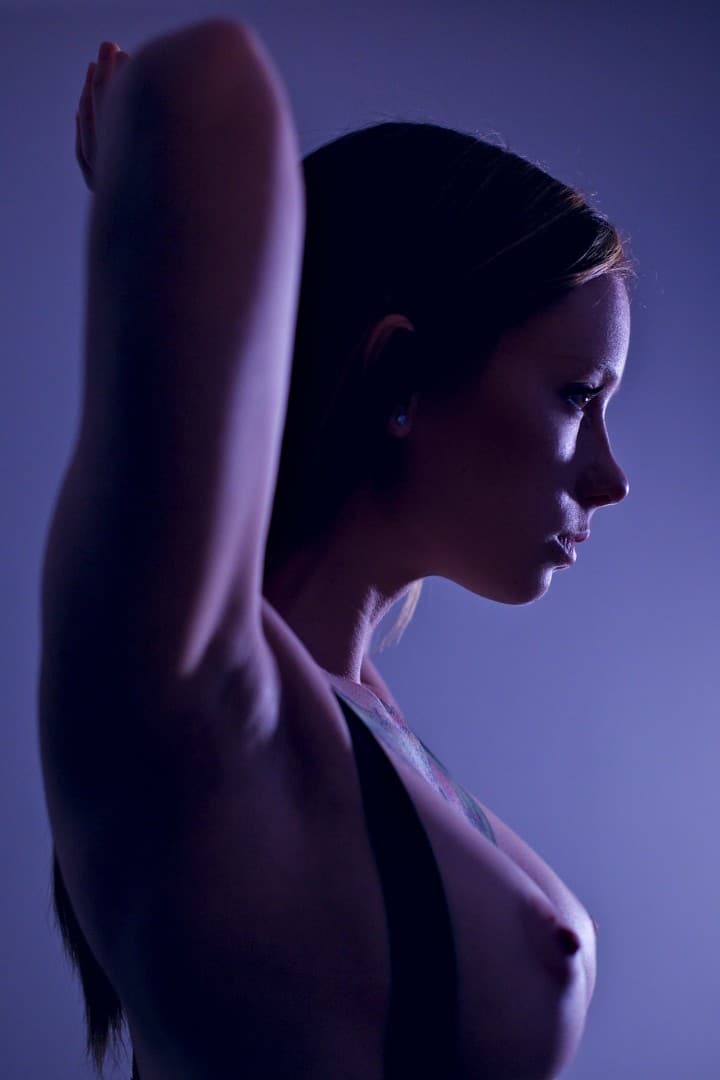
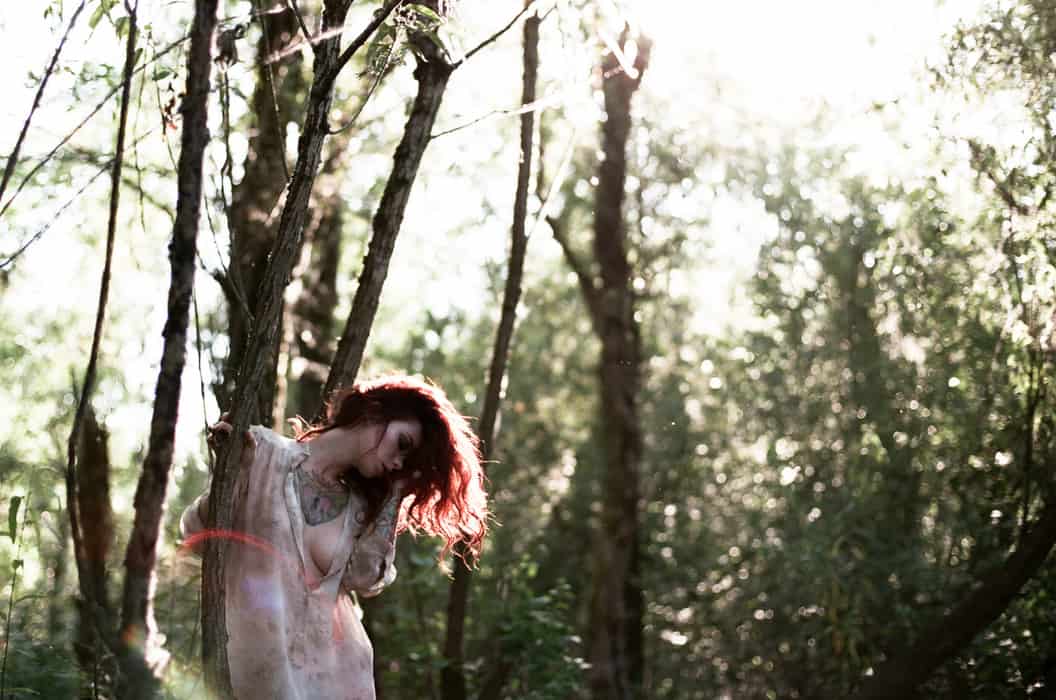
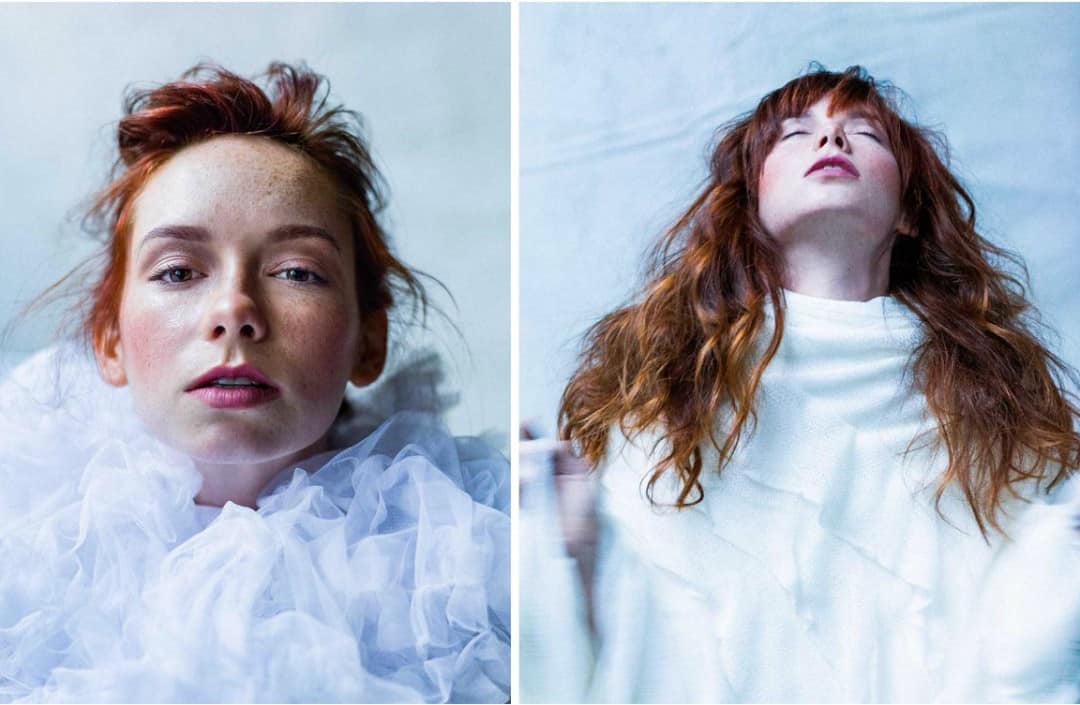
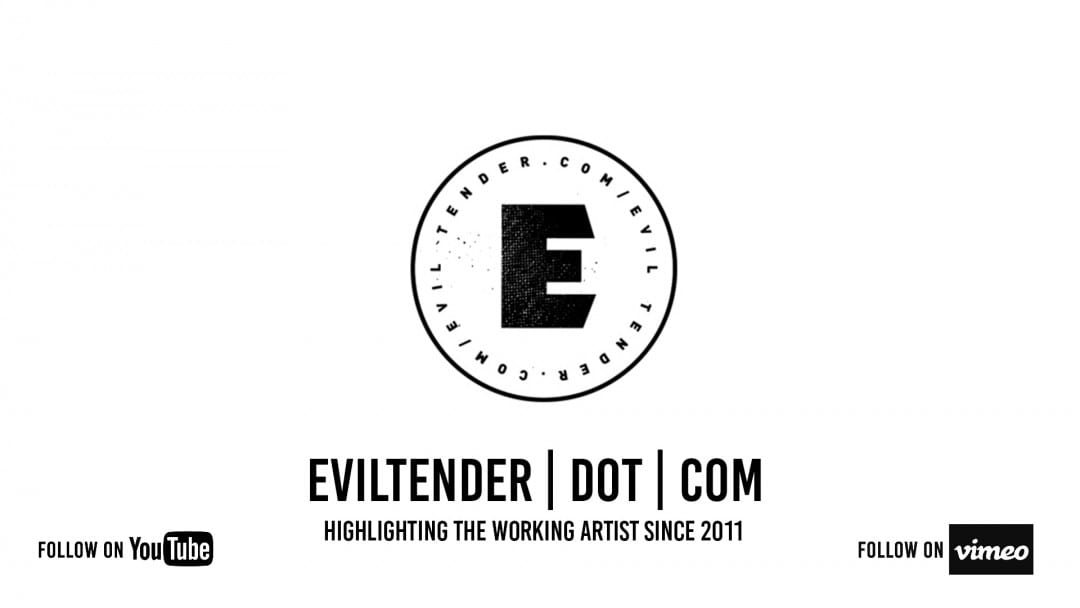
13 thoughts on “Interview: The Strength & Beauty of Model Hattie Watson”